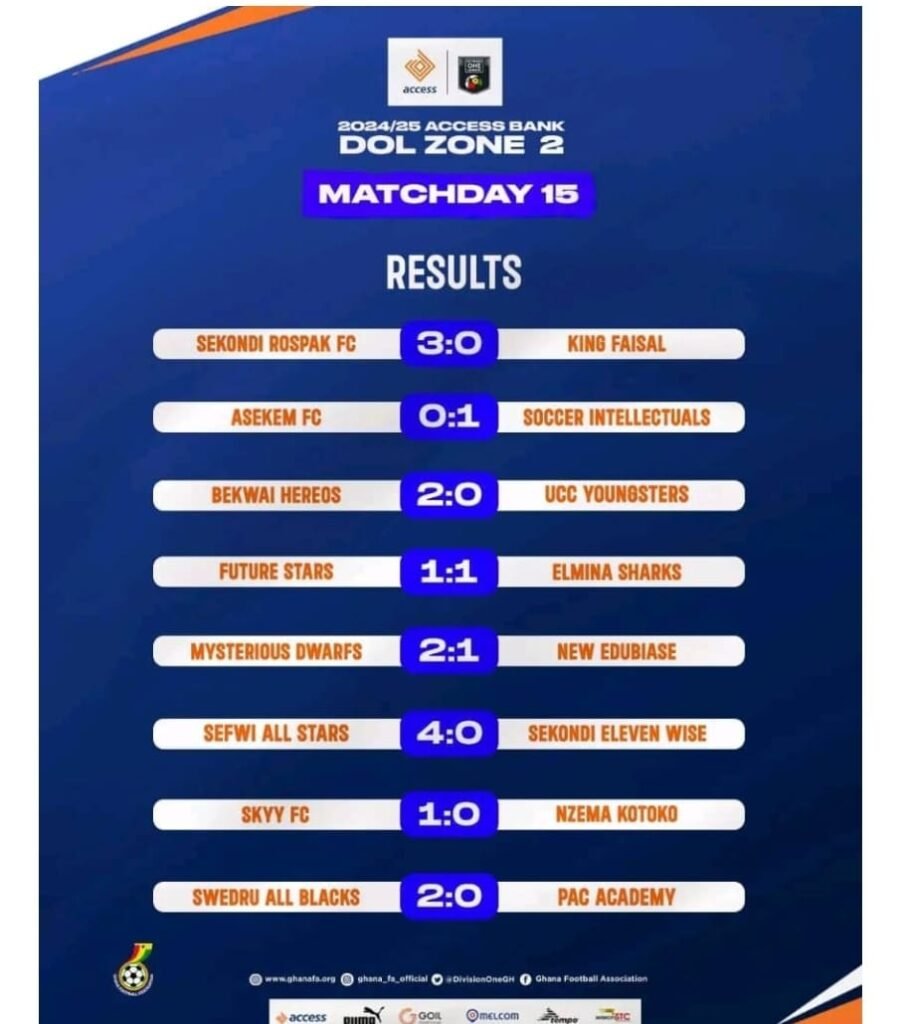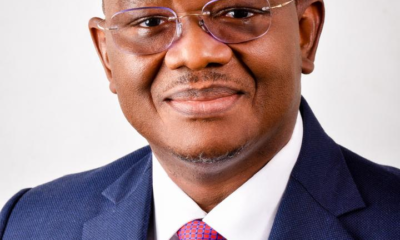Hot!
President Akufo-Addo Advocates for Stronger Africa-Korea Partnership at 2024 Summit

The 2024 Korea-Africa Summit, held in Seoul, Korea, began today with a powerful call for deeper collaboration and mutual growth from President Nana Addo Dankwa Akufo-Addo of Ghana.
Addressing a distinguished audience, including Korean President Yoon Suk-yeol and other Heads of State and Government, President Akufo-Addo outlined a vision of shared growth, sustainability, and solidarity under the summit’s theme, “The Future We Make Together.”
In his remarks, President Akufo-Addo emphasised the longstanding relationship between Ghana and Korea, established nearly fifty years ago in 1977.
“Korea has proven to be a reliable partner and dependable friend of Ghana,” he stated, highlighting the economic, cultural, and political exchanges that have benefited both nations.
The Ghanaian leader praised the collaborative spirit that has characterised this partnership and expressed hope for its continued strength. President Akufo-Addo identified three critical pillars for the future of Africa-Korea relations: shared growth, sustainability, and solidarity.
He underscored the importance of economic collaboration, noting Africa’s abundant natural resources and youthful population as key assets.
“By fostering trade, investment, and innovation, we can create a relationship of synergy that benefits both regions,” he said.
He pointed to significant progress in economic cooperation, with increased trade volumes and successful joint ventures in manufacturing, agriculture, and information technology.
However, President Akufo-Addo acknowledged that more work is needed to remove barriers to trade, enhance infrastructure, and promote knowledge exchange to unlock the full potential of this partnership.
Addressing the global climate crisis, President Akufo-Addo called for sustainable practices to protect the environment and promote renewable energy. He praised Korea’s leadership in green technology and sustainable development, urging Africa to leverage these innovations.
“This is not merely an environmental imperative; it is an economic opportunity that can drive long-term growth and stability,” he asserted.
The President emphasised the need for global solidarity, particularly in light of the COVID-19 pandemic and other global challenges. He highlighted the importance of supporting one another to ensure collective resilience.
President Akufo-Addo referenced Korea’s recent trilateral meeting with Japan and China, noting its significance for Africa. Strengthened relations among these economic powerhouses, he said, should lead to increased investment, new markets for African products, and technology transfer.
President Akufo-Addo also focused on the potential of innovation and technology to drive sustainable development. He called for collaboration in research and development, advancing digital literacy, and promoting entrepreneurship to harness the benefits of the fourth industrial revolution.
Concluding his speech, President Akufo-Addo expressed confidence in the future of Africa-Korea relations.
“The future we make together should be one of shared growth, sustainability, and solidarity,” he declared.
He urged both regions to seize the moment to deepen their collaboration and build a brighter, more prosperous future.
The 2024 Korea-Africa Summit continues over the coming days, with various sessions aimed at strengthening ties and exploring new avenues for cooperation. Leaders and delegates from both regions are expected to engage in meaningful dialogues to advance their shared goals.
Hot!
NHIA set to boost its cybersecurity and IT Infrastructure
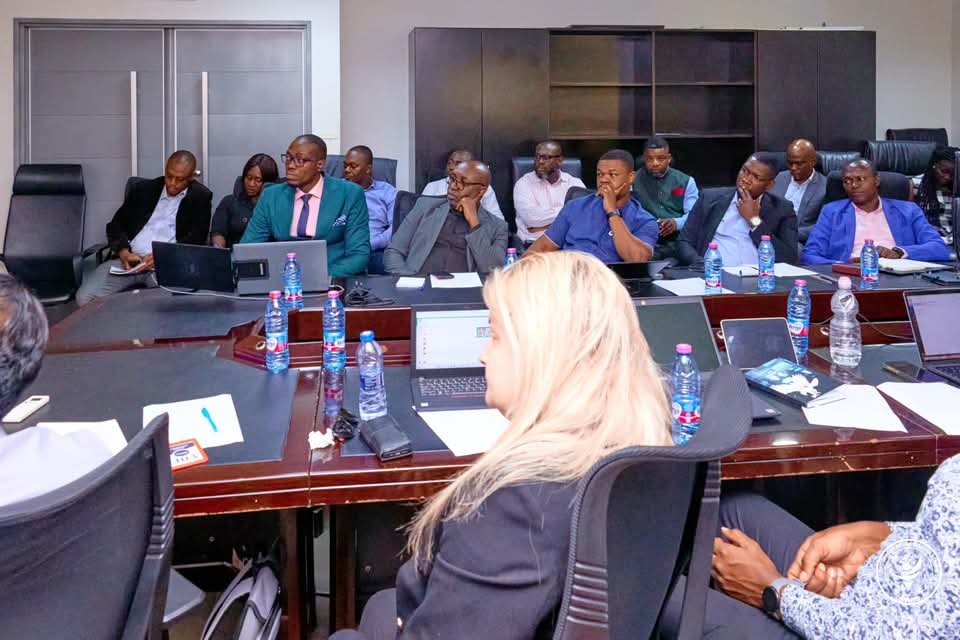
The National Health Insurance Authority (NHIA), in partnership with a leading private cybersecurity solutions provider in Ghana, CyberHawk Limited, is advancing the Authority’s digital infrastructure to ensure seamless operations.
This is to safeguard the Authority’s digital technologies and maintain the trust of active members of the National Health Insurance Scheme (NHIS).
In this context, the NHIA Management Information System (MIS) Directorate in the Head Office, on February 11, 2024, launched a three-day brainstorming session on the organization’s cybersecurity enhancement agenda.
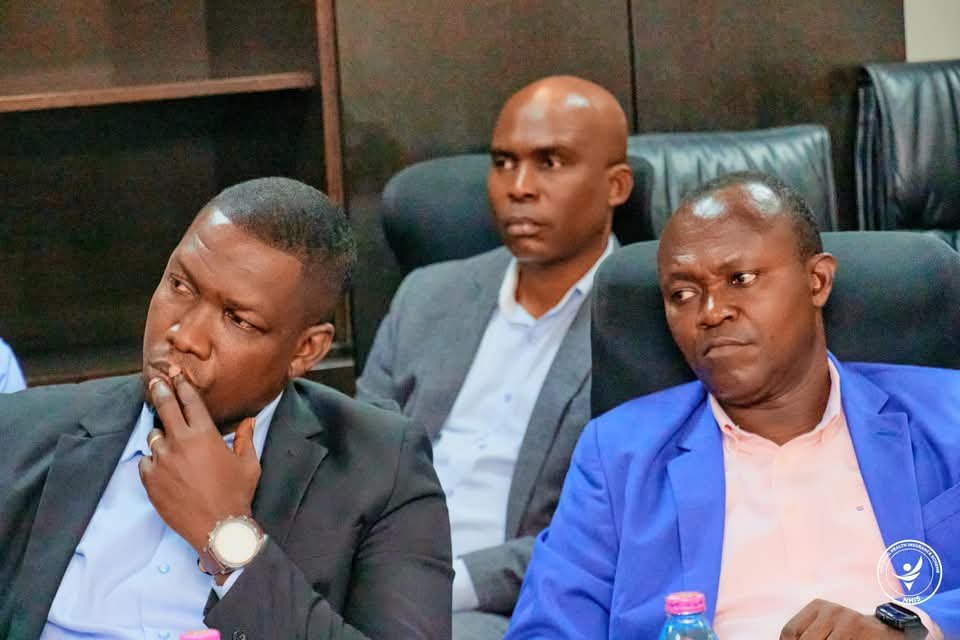

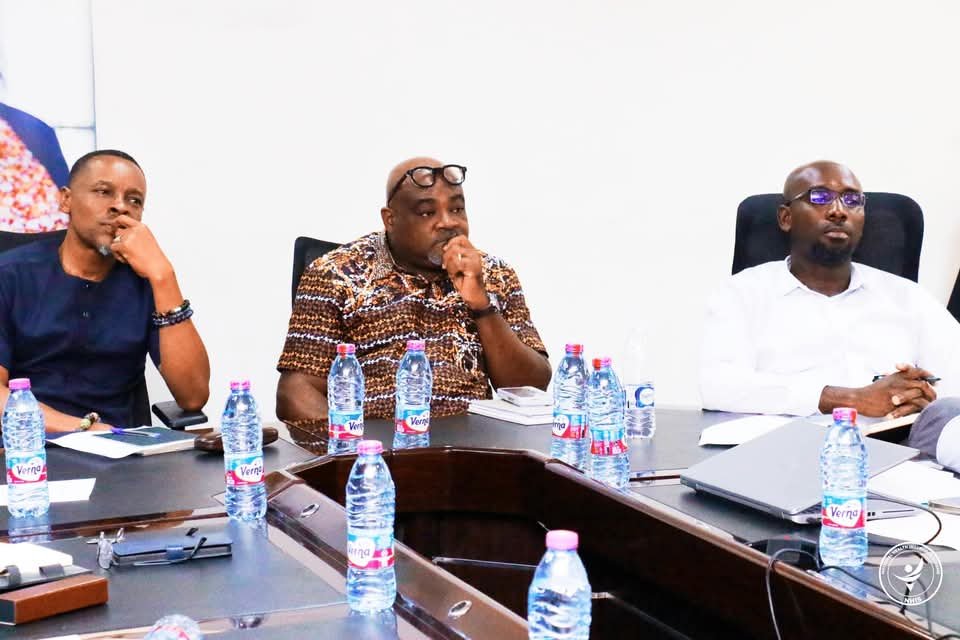
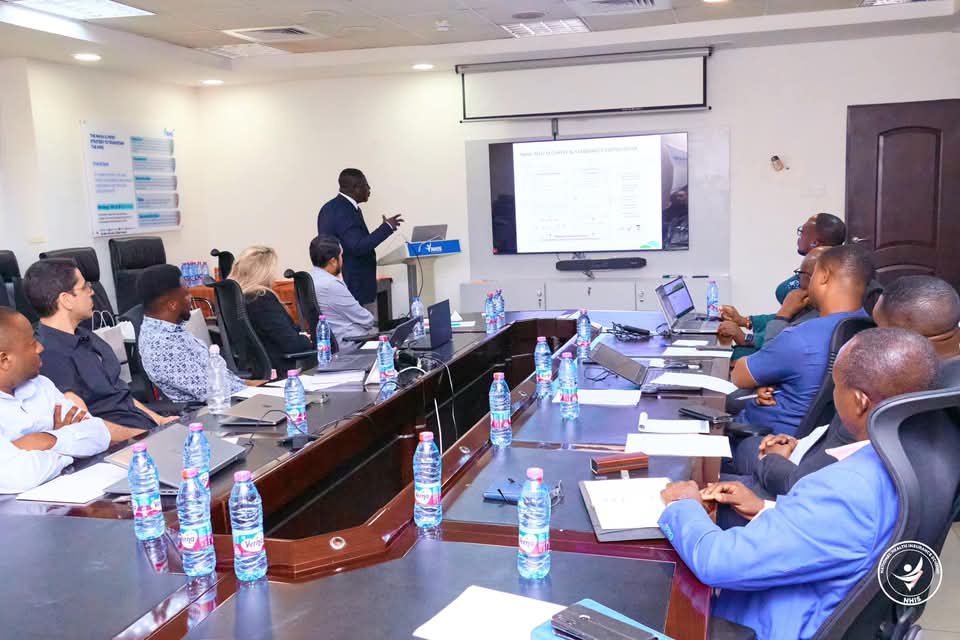
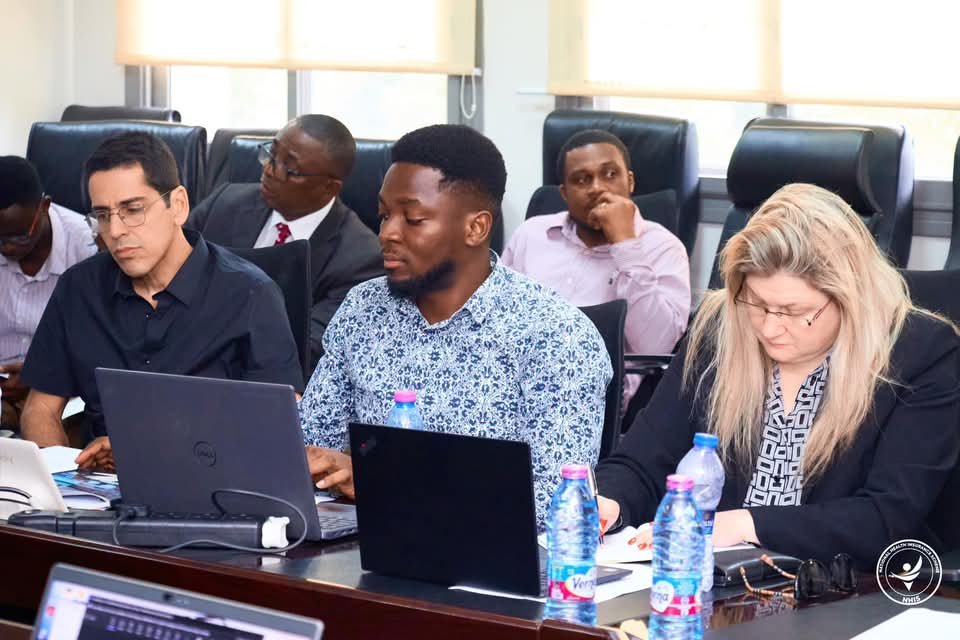
The MIS Directorate Ag. Director, Mr. Daniel Blankson explained that the collaborative meeting aimed to scrutinize the NHIA’s Information Technology architecture, identifying potential risks and gapsto enhance its cybersecurity posture.
“By leveraging CyberHawk Limited’s expertise, the NHIA seeks to fortify its defenses against cyber threats, protecting sensitive information and maintaining the trust of its members.”
Mr. Blankson applauded the synergy between the two organizations and underscored the Authority’s commitment to embracing cutting-edge technologies and innovative solutions to drive its mission forward.
The Head of Information Security and Standards Unit, in the MIS Directorate, Mr. Ebenezer Hooper, highlighted the Authority’s significant milestone on the digital transformation journey.
According to him, the NHIA is actively engaged in fully adopting and implementing modern digital systems to improve its operations.
He said, “The three-day brainstorming meeting will culminate in the development of a robust IT infrastructure, as well as strategic plans to translate security implementations into tangible IT cost savings for the organization.”
“There is the need to form a steering committee or IT advisory committee, operated under the Board, so that they can pay more attention in protecting the huge IT investment while ensuring cyber security-related policies are well protected,” he added.
The Project Manager of CyberHawk Limited, Mr. Chetan Narayana Murthy, lauded the collaboration and anticipated that it would empower the NHIA to implement comprehensive cybersecurity measures.
According to him, “This is a huge project that will greatly benefit the NHIA by implementing robust cybersecurity measures, safeguarding their systems, and ultimately protecting the sensitive information of NHIA members and healthcare providers.”
A Senior Manager of IT infrastructure, Mr. David Asare Addo, and his colleague, a Senior Manager of Applications, Mr. Enock Afanyi, with the MIS Directorate, gave an overview of the NHIA’s current technological landscape.
Present at the meeting were representatives from the Claims, Membership and Regional Operations (MRO), Research, Policy, Monitoring, and Evaluation (RPME), Corporate Affairs, the Audit, Administration, and Human Resource Directorates.
Story By : Vivian Arthur
Hot!
Swedru All Blacks back to winning ways, Roshan humble King Faisal

Sekondi Rospak FC made it eight wins in eight successive home games after three second-half goals from John Amoah, Joseph Ntow and Stephen Anthony Kofi. John Amoah opened the scoring in the 55th minute after a barren first half. Joseph Ntow added to the tally in the 56th minute before Stephen Anthony Kofi rounded things up in the 74th minute to give Rospak a 3-0 win over former Premier League side King Faisal.
Elsewhere at Swedru – leaders Swedru All Blacks humbled PAC Academy in an emphatic 2-0 win. Zayat Bubakari scored first for Swedru All Blacks in the 27th minute before Rudolf Junior Nana Kwasi Mensah made it 2-0 in the 34th minute. Swedru All Blacks are top of the table with 36 points – 4 points ahead of second placed Rospak FC.
Meanwhile, Former Premier League side Cape Coast Mysterious Dwarfs recorded their fourth successive home victory after beaten New Edubiase United 2-1 at the Robert Mensah Park. Enoch Odoom struck first for Cape Coast Mysterious Dwarfs in the 19th minute but Steven Asante equalized for New Edubiase United before halftime. After the interval, Godfred Eshun scored from distance in the 65th minute to help Cape Coast Mysterious Dwarfs secure all the points.
Here are the results in Zone Two
